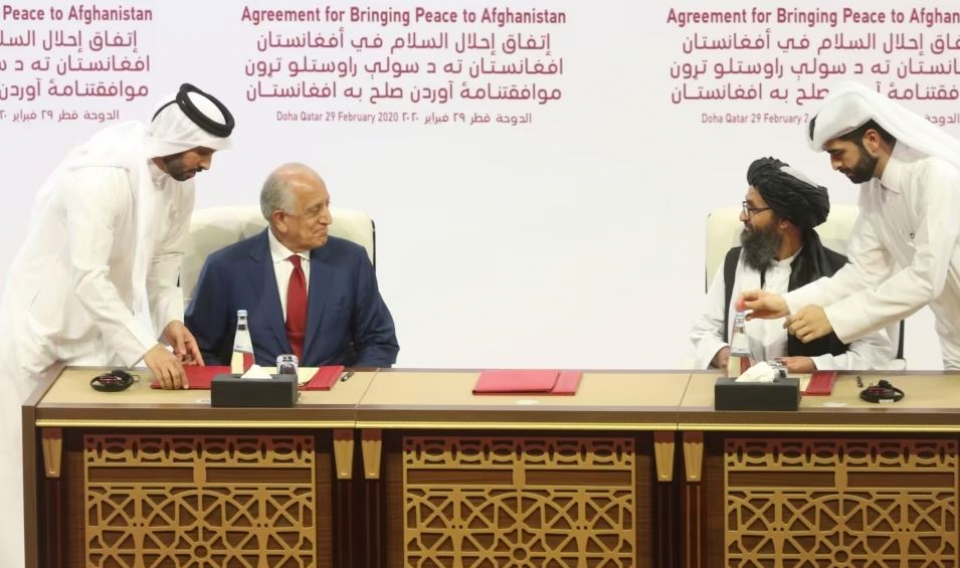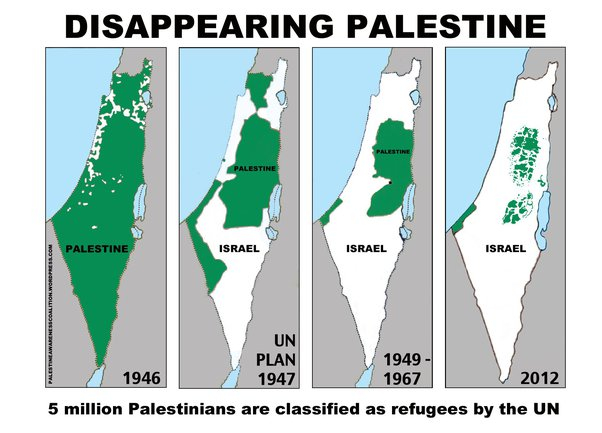Four years following the signing of the Doha agreement, tensions between the United States and the Taliban have escalated as both parties accuse each other of breaching the terms of the accord. White House press secretary Karine Jean-Pierre criticized the Taliban for failing to uphold their commitments under the agreement, particularly regarding engaging in meaningful dialogue with fellow Afghans to achieve a negotiated settlement and establish an inclusive political system.
Since assuming power in 2021, the Taliban have faced criticism for forming an all-male caretaker cabinet and rebuffing calls for a more inclusive government. Jean-Pierre reiterated the U.S.'s determination to hold the Taliban accountable and ensure the fulfillment of their obligations outlined in the agreement.
In response, Taliban spokesperson Zabihullah Mujahid accused the U.S. of violating the agreement by failing to normalize relations with the Afghan government, remove sanctions, and cooperate as stipulated. Mujahid maintained that while the Taliban had achieved key objectives such as the withdrawal of U.S. forces and preventing the use of Afghan soil against the U.S. and its allies, the U.S. had not reciprocated in fulfilling its commitments.
The U.S.-Taliban peace deal, signed in Doha, Qatar, in February 2020, facilitated the withdrawal of U.S. troops from Afghanistan and required the Taliban to sever ties with terrorist groups like al-Qaida. However, retired U.S. General David Petraeus criticized the Taliban's failure to uphold their end of the bargain, citing the continued presence of al-Qaida operatives in Taliban-controlled areas of Afghanistan.
Petraeus lamented the tragic and disastrous outcomes resulting from the agreement's implementation, pointing to Afghanistan's ongoing crises since the Taliban's takeover. The United Nations has highlighted Afghanistan's dire humanitarian situation, underscoring the pressing need for resolution and assistance in the war-torn nation.

















